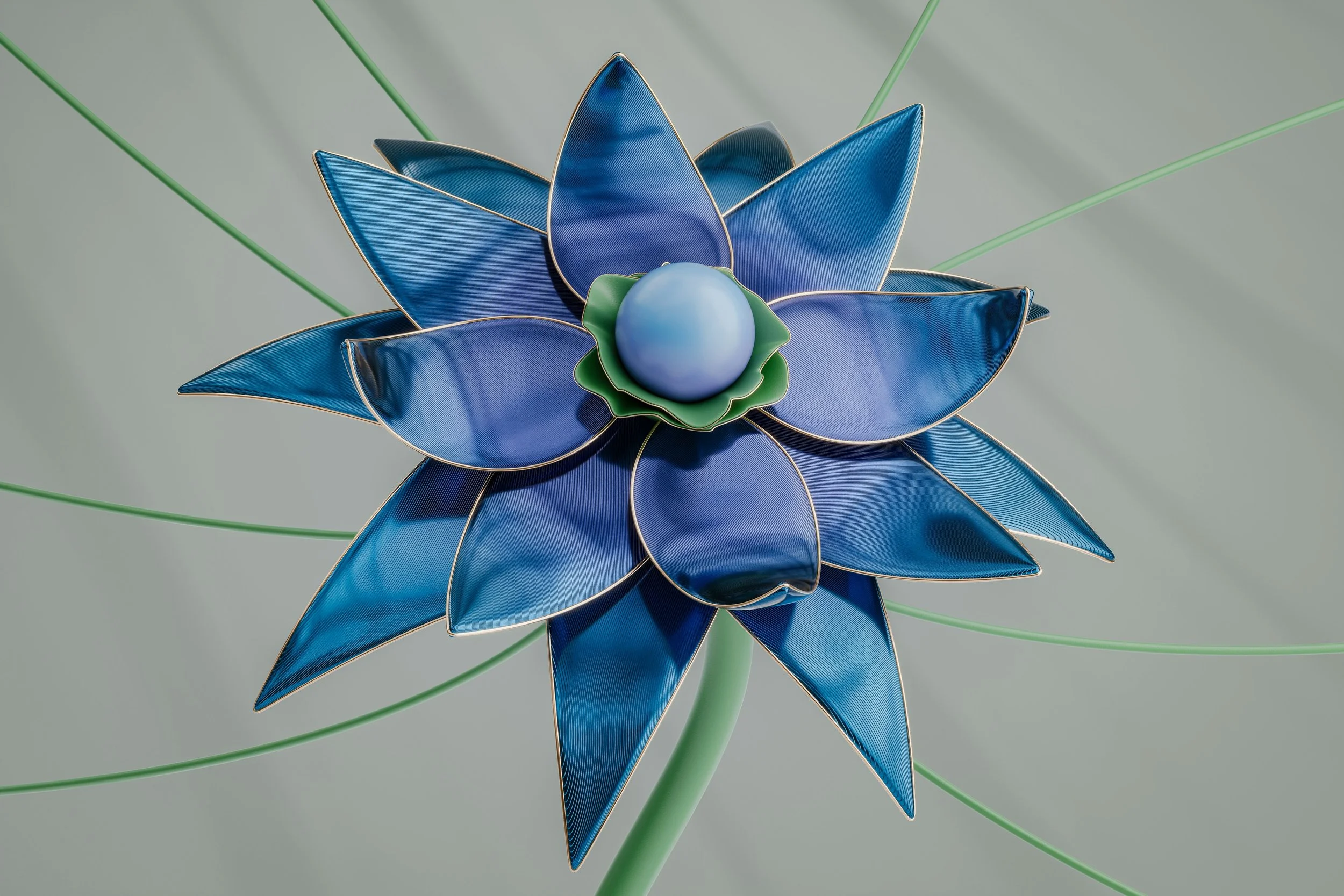The beauty of living StarCozi
photo credit: Alex Shuper
In a world often characterized by complexity, uncertainty, and relentless demands, the beauty of living comfortably lies in its ability to provide a sanctuary of peace, stability, and personal well-being. It’s not about escapism or ignoring the world’s challenges, but rather creating a grounded and resilient inner and outer life that allows you to navigate that complexity with greater ease and strength.
Here are some key aspects of this beauty -
Foundation of stability and security
Anchoring in chaos: A comfortable life provides a reliable anchor amidst external turmoil. Knowing you have a safe, predictable space and routine can be incredibly grounding when the world feels unpredictable.
Emotional resilience: When your basic needs for comfort (physical, emotional, spiritual, mental) are met, you are better equipped to handle stress, setbacks, and the emotional weight of a complicated world (social influence, socioeconomic, media).
Mental and emotional sanctuary
Reduced overwhelm: A comfortable environment and lifestyle can minimize sensory overload and the constant barrage of information, allowing for mental clarity and reduced anxiety.
Space for reflection: Comfort often provides the quiet and stillness needed for introspection, processing emotions, and gaining perspective on the complexities around you.
Nurturing inner peace: Creating a comfortable inner world (through self-care, mindfulness, and positive habits) fosters a sense of peace that is resilient to external chaos.
Enhanced capacity to engage with the world
Recharged resources: When you are comfortable and well-rested, you have more energy and mental capacity to engage with the world’s challenges in a meaningful way.
Stronger empathy and compassion: Feeling secure and cared for can foster a greater capacity for empathy and compassion towards others facing difficulties.
Sustainable engagement: Living comfortably doesn’t preclude action, rather, it provides a sustainable base from which to contribute to positive change without burning out.
Appreciation for simple joys
Finding beauty in the mundane: A comfortable life often involves appreciating the small, everyday pleasures – a warm cup of tea, a cozi blanket, a quiet evening. This can be a powerful antidote to the seemingly never ending anxieties of a complicated world.
Slowing down and savoring: Comfort encourages a slower pace, allowing you to savor moments and appreciate the simple beauty that often gets lost in the rush of complexity.
5. Personal authenticity and self-acceptance
Being true to yourself: Creating a comfortable life often involves aligning your surroundings and routines with your authentic needs and preferences, fostering a stronger sense of self.
Self-compassion: Prioritizing your comfort is an act of self-care and self-compassion, acknowledging your inherent worth and the need for nurturing.
6. Resilience and adaptability
Strong inner core: A comfortable inner life builds resilience, making you better equipped to adapt to the inevitable changes and challenges of a complicated world.
Finding comfort in change: Paradoxically, a strong sense of inner comfort can make you more willing to step outside your familiar routines when necessary, knowing you have a solid foundation to return to.
In essence, living comfortably in a complicated world is about creating an inner and outer sanctuary (beauty) that allows you to navigate that complexity with greater strength, clarity, and well-being. It’s about finding peace amidst the storm, appreciating the simple joys, and building a resilient foundation for engagement and growth. It’s not a withdrawal from the world, but rather a strategic way of being in the world with greater intention and care for yourself.

